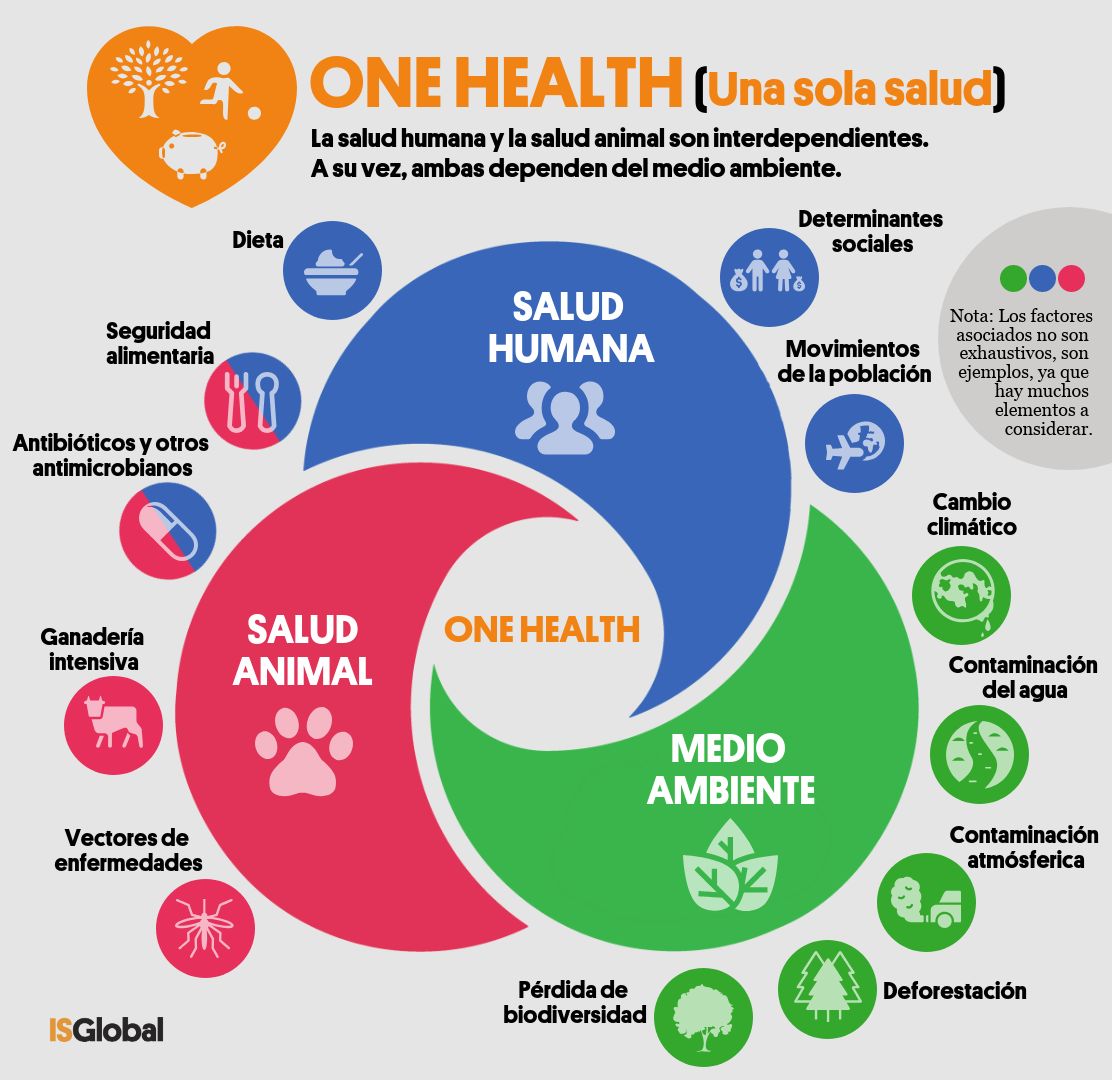Salud Meaning - Exploring Its Richness
When you hear someone say "salud," it might just be a quick word, perhaps a toast, but there's often so much more to it than meets the ear. This simple Spanish term, you know, carries a depth of sentiment that goes beyond a single English word. It's a way of expressing good feelings, a wish for well-being, and a shared moment of connection, really. It’s pretty interesting how one short utterance can hold so much significance for people speaking Spanish, and for others who pick up on its various uses.
You might have heard "salud" tossed around at a gathering, maybe as folks raise their glasses, or perhaps when someone lets out a sneeze. It's almost like a little linguistic handshake, a way to share a positive thought with another person. This word, so, isn't just about a dictionary definition; it's about how people use it to bring a bit of warmth into their daily conversations and special moments. It’s a very common sound in many places, and that, is that, it truly shows how important its various meanings are to everyday life.
For those who speak English, the most common way they might come across "salud" is when it’s used to make a friendly toast, kind of like saying "cheers." But, you know, there are other situations where this word pops up, too, each with its own special feel. It’s a word that can mean a few different things depending on the situation, and understanding those different uses helps you appreciate the full breadth of its meaning. It’s a little like discovering a hidden layer to a familiar phrase, and it’s actually quite neat how much can be packed into just five letters.
Table of Contents
- What is the primary meaning of Salud?
- The Core of Salud Meaning
- Where does the idea of Salud come from?
- Tracing the Roots of Salud Meaning
- How is Salud used in everyday talk?
- Common Ways to Share Salud Meaning
- Does Salud carry deeper cultural feelings?
- The Cultural Heart of Salud Meaning
What is the primary meaning of Salud?
At its very basic sense, the Spanish word "salud" points directly to the idea of being well, of having good health. It's the most straightforward way to translate it into English, simply meaning "health." This core idea of physical and mental well-being is really what the word is built upon. So, when someone says "salud," they are, in a very direct way, acknowledging or wishing for this state of wellness. It’s a fundamental concept, you know, one that we all value quite a lot in our lives. This primary meaning is the foundation for all the other ways the word is used, kind of like the main ingredient in a very important recipe.
The Core of Salud Meaning
This central idea of "health" for "salud meaning" is pretty clear, but it also stretches to cover a broader sense of being sound in body and mind. It’s not just about not being sick; it’s about a general feeling of vigor and good condition. For many English speakers, their first encounter with "salud" is often in the context of a toast, where it takes on the familiar role of "cheers." In this setting, the wish for "health" is a shared desire for everyone present to enjoy good fortune and a good state of being, which is, you know, a very kind thing to wish upon others. It’s a simple yet powerful way to express a communal good feeling, and it’s almost always met with smiles and agreement.
When you use "salud" as a toast, you're essentially offering a brief, heartfelt wish for everyone's well-being. It's a moment where people come together, raising their glasses, and sharing a common positive sentiment. This specific use highlights how the word can move from a simple description of a physical state to an active expression of goodwill. It’s a very common practice, and it shows just how adaptable this word can be, really. The core "salud meaning" here is about sharing a positive outlook on life and wishing others the best, which is, in some respects, a universal human desire.
Beyond just a toast, the basic sense of "health" in "salud" can also be seen in its more formal translations. You might find it listed as "healthiness" or "wholesomeness," which, you know, expand on the idea of being in a good, sound condition. These translations give a bit more detail to the kind of well-being that "salud" refers to, suggesting a complete and good state of being, not just the absence of illness. So, it’s not just a quick utterance; it carries a full sense of wishing someone a complete and good state of existence, which is, in a way, quite lovely.
Where does the idea of Salud come from?
To really get a feel for where the word "salud" gets its deep meaning, we can look back to its origins. Like many words in the Spanish language, "salud" has a very old family tree, tracing its roots all the way back to Latin. This connection to an ancient tongue helps us understand why the word feels so fundamental and why it has stuck around for so long in common speech. It’s a little like finding the source of a long river; you can see how all the later currents flow from that one starting point. The history of a word, you know, can often tell us a lot about its present-day significance, and that, is that, "salud" is no exception.
Tracing the Roots of Salud Meaning
The Spanish word "salud" comes directly from the Latin word "salus." This Latin term "salus" itself carried a variety of meanings, including "health," "safety," "welfare," and even "salvation." So, you can see, the idea of "salud meaning" has always been tied to a broader sense of well-being and good fortune, not just physical health alone. This ancient origin explains why "salud" feels so complete when it's used; it carries echoes of all those older, wider meanings within it. It’s quite interesting how a word can hold so much history within its simple sound, almost like a little time capsule of meaning.
The journey of "salud" from "salus" shows how language evolves, yet keeps its core ideas. The concept of wishing someone "salus" in Latin would have been a wish for their overall good state, their safety, and their general prosperity. This deep historical connection means that when someone says "salud" today, even if they don't consciously think of its Latin past, there's still a lingering sense of that broad, protective wish. It’s almost as if the word itself remembers its long journey and carries that weight of good intentions, which, you know, makes it a very special kind of utterance. It’s a testament to how language can preserve old ideas in new forms.
Knowing this background, it becomes clearer why "salud" feels like more than just a simple translation of "health." It’s steeped in centuries of human wishes for safety, for being sound, and for general good living. This etymological thread, you know, helps explain why it's used in so many different contexts, from a simple sneeze to a heartfelt toast. It’s a very interesting piece of linguistic history, and it really shows how much depth a single word can possess, truly. So, the next time you hear "salud," you might just feel a little more connected to its long and meaningful past.
How is Salud used in everyday talk?
"Salud" shows up in daily conversations in a few distinct ways, making it a truly versatile word. Its most familiar use for many people, as we've talked about, is when making a toast. This is a very common sight at celebrations, friendly gatherings, or just when people are sharing a drink. But it's not the only place you'll hear it, by any means. There are other situations where this word pops up, each with its own special feel, and it’s actually quite fascinating how it adapts to different moments. It’s a word that, you know, really gets around in Spanish-speaking cultures.
Common Ways to Share Salud Meaning
One very common way to use "salud meaning" is when someone sneezes. Just like English speakers say "bless you," Spanish speakers will often say "salud." This usage is a quick, kind response, a small wish for the sneezer's well-being. It’s a simple act of courtesy, a way to acknowledge the other person and offer a good thought. This shows how the word can be used in very casual, spontaneous moments, not just planned ones. It’s a rather immediate and friendly way to interact, and it’s something you’ll hear pretty often in everyday life.
Then, of course, there's the toast. When people are drinking together, whether it's a special event or just a casual get-together with friends, "salud" is the usual word to use. It’s a way of saying "cheers," a collective wish for everyone's good health and enjoyment of the moment. This use of "salud meaning" really brings people together, creating a shared feeling of happiness and good company. It’s a very social word in this context, and it helps set a friendly, celebratory tone, which is, you know, something people really appreciate during a gathering.
Interestingly, "salud" has also been used, though perhaps less frequently now, as a form of greeting. In older or more formal settings, you might have heard it used to mean "greetings!" This particular use shows how the word once stretched to cover a broader range of good wishes upon meeting someone. While this specific application might be a bit dated in some places, it still points to the overall friendly and positive nature of the word. It’s almost like a little linguistic handshake, a way to share a positive thought with another person right from the start, and that, is that, it highlights its long history of good intentions.
So, whether it's a quick response to a sneeze, a collective cheer with friends, or even an older form of saying hello, "salud" is a word that fits into many different pockets of daily conversation. It’s a term that carries a sense of good wishes and care for others, making it a truly versatile and warm part of the Spanish language. It’s a simple word, but its various uses show just how much it can convey in different situations, and it’s actually quite remarkable how much can be packed into just a few letters.
Does Salud carry deeper cultural feelings?
Beyond its direct translations and common uses, "salud" truly holds a deeper cultural significance in Spanish-speaking communities. It’s more than just a word; it reflects certain values and ways of seeing the world. This is where the "salud meaning" really starts to shine, showing how language can be a window into a culture's heart. It’s not just about what the word means, but about what it represents for the people who use it regularly. You know, words often carry a lot of unspoken weight, and "salud" is a very good example of that.
The Cultural Heart of Salud Meaning
The expression "salud" goes beyond simply saying "health." It acts as a Spanish interjection, which means it’s a word thrown into conversation to express a feeling or a sudden thought. When used this way, it often carries a sense of good wishes, a desire for positive outcomes for others. This kind of use is very common on special occasions or when people are just enjoying time with their friends. It’s almost like a little verbal hug, a way to share happiness and express care for those around you, and that, is that, it strengthens bonds between people.
This word, "salud," really shows the Spanish emphasis on community and the importance of friendship. It’s about enjoying life’s simpler pleasures, too, like sharing a meal, a drink, or just a moment of laughter with loved ones. When "salud" is uttered, it’s often in these settings, reinforcing the idea that well-being is something shared and celebrated together. It’s a very communal word, you know, one that helps build a sense of togetherness and shared good fortune. This emphasis on connection and shared enjoyment is a pretty central part of the cultural "salud meaning."
The phrase "salud" is used in many different situations to express good wishes and to celebrate life's moments. It’s not just a formal statement; it’s a living part of how people interact and show care for one another. Whether it’s a birthday, a holiday, or just a regular evening with friends, the word "salud" can be heard, carrying with it a feeling of joy and shared positive energy. It’s a kind of linguistic glue that helps hold these social interactions together, making them feel warmer and more personal. It’s a very human way to connect, truly.
So, while "salud" literally translates to "health," its cultural weight means it encompasses much more. It’s a word that reflects a way of life that values connection, shared joy, and wishing others well. It’s a small word that carries a big message about how people care for each other and celebrate the good things in life. It’s a very meaningful term, and understanding its various uses and cultural feelings helps you appreciate the full breadth of its significance, which is, in some respects, quite a beautiful thing.


